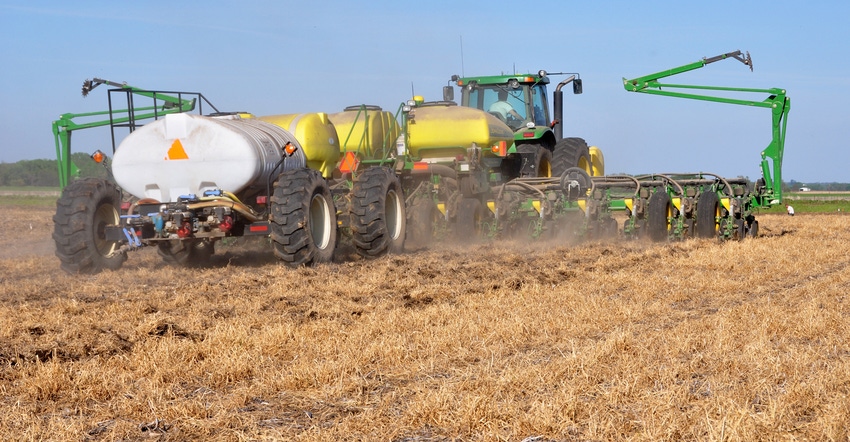July 29, 2021

The Pennsylvania Department of Agriculture has announced the availability of $13 million in first-come, first-served income tax credits through the state’s Resource Enhancement and Protection Program.
The program provides eligible landowners up to $250,000 in tax credits per operation within a seven-year window to help pay for qualified best management practices on the farm. Applications will start being accepted Aug. 2 for 2021-22.
What is REAP?
REAP allows farmers, landowners and businesses to earn tax credits to help pay for implementing best management practices (BMP) that enhance production and protect natural resources.
Eligible applicants can receive between 50% and 75% of a project’s cost in the form of tax credits — up to $250,000 per operation — within a seven-year time frame. The tax credits can be used incrementally, as needed, for up to 15 years to pay state income tax.
Farmers and landowners can elect to sell these tax credits after one year.
What projects are eligible?
Tax credits for up to 75% of eligible project costs can be used to write conservation and agricultural erosion and sediment control plans, as well as nutrient management and manure management plans.
They can also be used to help pay for BMP installation to address barnyard runoff, stream bank fencing with 50-foot forested riparian buffers, and 50-foot forested riparian buffers.
Tax credits for up to 50% of eligible project costs can be used to install BMPs, or buy equipment to reduce existing sediment and nutrient issues.
Examples include manure storage systems, alternative manure treatment practices, grassed waterways, rotation grazing systems, no-till planting equipment or installing cover crops.
Tax credits can also be used to install stream bank fencing with 35-foot riparian buffers.
Eligible project costs
Tax credits can be applied to help cover the following project costs:
project design, engineering and associated planning
project management costs, including constructing, document preparation and applications
project construction and installation
equipment, materials and other eligible project components
post-construction expenses
interest payments on loans for project implementation for up to one year before the award of the tax credit
There are certain requirements for farmers interested in getting a REAP tax credit. The full rules for eligibility can be accessed at bit.ly/REAPtax.
REAP differs from traditional conservation programs. The tax credits are issued after the installation of a practice or purchase of eligible equipment. State or federal cost-share portions of a project are ineligible for REAP tax credits.
REAP tax credits may be sold. Several brokers in Pennsylvania help arrange tax credit sales.
Source: Pennsylvania Department of Agriculture, which is solely responsible for the information provided and is wholly owned by the source. Informa Business Media and all its subsidiaries are not responsible for any of the content contained in this information asset.
You May Also Like




